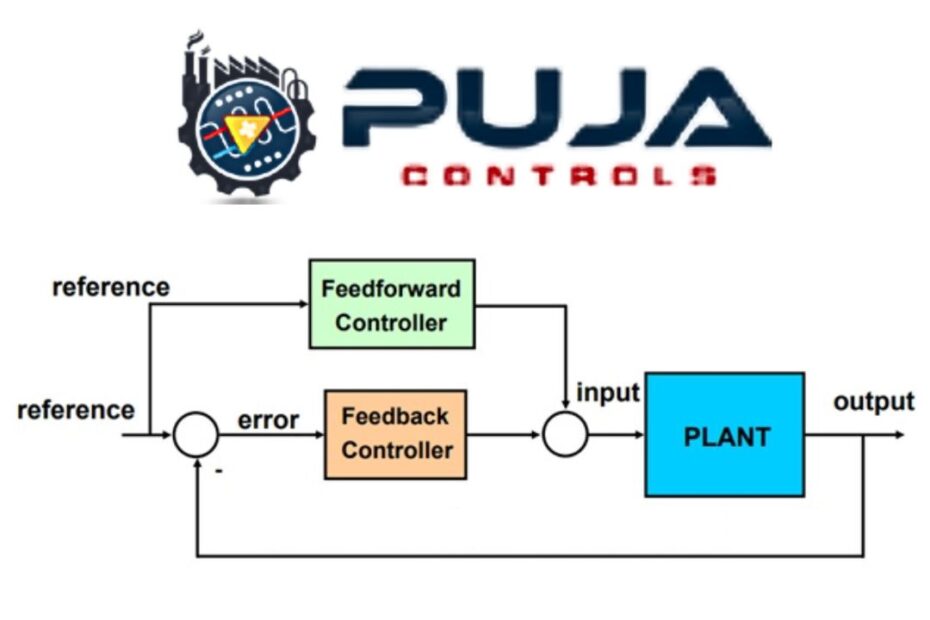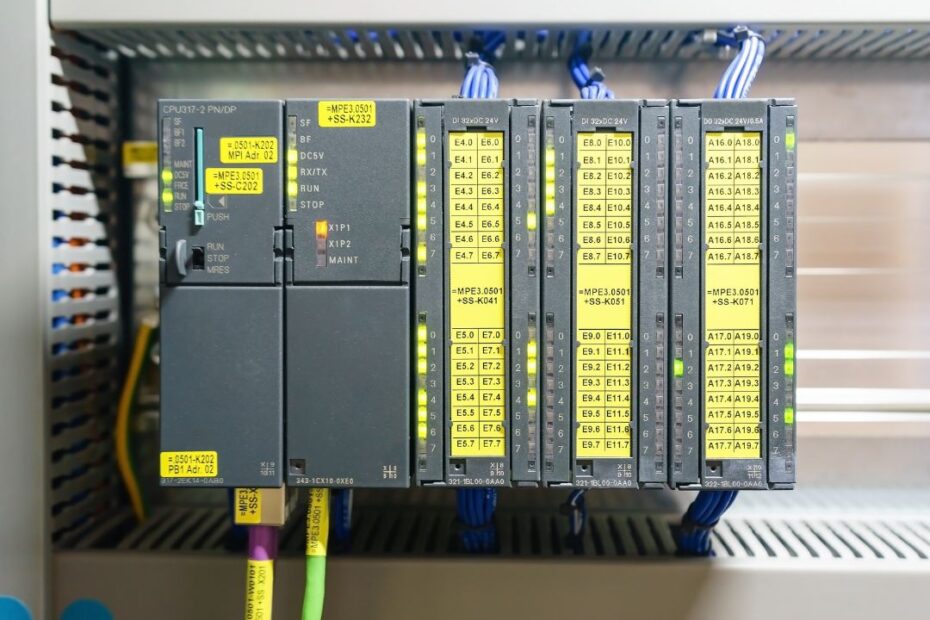Integrating ICT Circuit for Enhanced SCADA Control Systems
Unlock the potential of SCADA systems with the integration of Information and Communication Technology (ICT) circuits. Explore how this synergy revolutionizes industrial operations, offering real-time data accessibility, remote monitoring, advanced analytics, and enhanced cybersecurity. Embrace the future of automation with ICT-enabled SCADA systems, driving efficiency and innovation across sectors.










